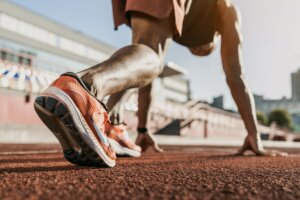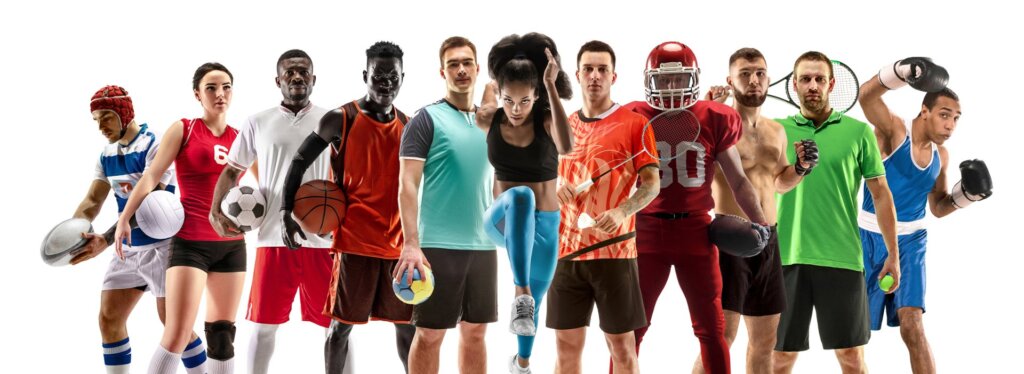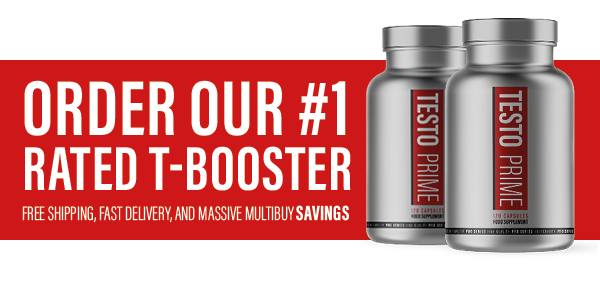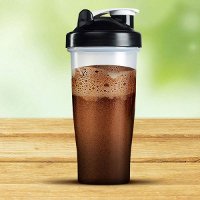Athletes engage in various exercises so they can compete in contests involving a wide range of skills. These skills include physical agility, stamina, and strength.
These athletes have gone through many types of training to develop themselves. Some went through specific activities to enhance and challenge their bodies.
Because an athlete needs to focus on constant improvement, their biggest fear would be failing. Aside from rigorous training and a disciplined lifestyle, there are other tips for better performance.
How To Be A Better Athlete
There are many suggested ways to be a better athlete, and one is by taking supplements. A good example is iodine, a natural mineral that works excellently in detoxifying one’s body. If you want to learn more about it, here’s a fantastic read to get you started.
Besides taking iodine, there are different natural ways to help you be the athlete you’ve always dreamt of. Here are five natural ways you can explore today.
1. Keep Hydrated
Proper water consumption is needed to stay hydrated. An average individual is expected to drink eight to ten glasses of water daily. When it comes to an athlete who uses a lot of energy, a range of 500-800 ml of water is required per hour.
It’s essential to give your body large amounts of water, which is one of the body’s major components. Water is also responsible for chemical processes that’ll allow basic bodily tasks and functions. This water will replace all the energy used in training and maintain one’s electrolytes. Remember that extremely low levels of electrolytes may lead to life-threatening conditions.
Dehydration results from your body losing more volume of water than it takes. This causes a wide range of complications with symptoms, such as headaches, dizziness, sleepiness, decreased urination, decreased skin elasticity, and low blood pressure. This can badly impact athletes during their training or pre-workouts as well. Thus, pre-workout preparation including drinking enough water is important.
2. Refuel with Carbohydrates and Proteins
Macronutrients are nutrients needed by the body in large amounts to make cellular energy. This cellular energy is responsible for creating work to help the body conduct its primary functions.
An athlete needs to refuel his or her body with carbohydrates, for they serve as the building block for other macromolecules. These macromolecules are responsible for the proper functioning of the heart, nervous system, and kidneys. One can get carbohydrates from grains, milk, fruits, and starchy vegetables.
Meanwhile, proteins are also macromolecules that improve the structure of the bones, muscles, and skin. Its major sources include meats, dairy products, seafood, and soy. Furthermore, lipids may also be included in the diet because they give the body the capacity to store energy. Lipids can be found in butter, nuts, and seeds that may be present in processed food.
These macronutrients as well as the proper caffeine intake can help an athlete regain the energy needed to perform training or participate in a competition.
3. Avoid Sweets
Limiting sugar intake is another excellent way to enhance an athlete’s body. Having excess sugar in an athlete’s body involves weight gain because these sugars are converted into fats.
Also, constant eating of sweets can reduce insulin’s effects that may lead to diabetes. Be mindful for too much sugar may unfavorably affect the performance of an athlete.
Sugar is needed by the body but should be appropriately given. Fruits like apples, bananas, grapes, peach, strawberries, and watermelon are the best sources of natural sugar to make energy.
4. Have A Good Rest
Having a good rest gives your body ample time for recovery. Muscles also get tired during training, which may result in various injuries or delayed onset muscle soreness. In simpler terms, onset muscle soreness is the pain you experience after exercise. This is a muscle injury from an excessive workout.
To avoid this, having a good rest gives time for the body to repair itself. A proper warm-up and cool-down should also be performed accordingly to reduce the likelihood of these injuries. In this way, muscle fibers also become more vigorous and prepared for the next strenuous activity.
5. Practice Conjugate Training
Conjugate training is usually used for powerlifting. However, this may also refer to a focused program to build strength.
This program works on improving multiple fitness qualities at the same time. It may involve performing different variations of the squat, deadlift, and bench press. This training helps one’s body adjust to accomplish heavy loads and strenuous activities.
Here are a few exercises that’ll help you in performing the conjugate activity.
- Max Effort Squat
- Partial Box Squat
- Reverse Hyper
- Barbell Rollout
- Banded Pull-Through
- Glute Hamstring Raises
- Max Effort Deadlift
- snatch-Grip Deadlift
- Stiff-Leg Deadlift
- Leg Extension
- Lat Pulldown
- Single-Leg Romanian Deadlift
- Max Effort Bench Press
- Incline Bench Press
- Plank
- Chest Supported T-bar Row
- Triceps Skull Crusher
- Bicep Hammer Curl
These exercises should be performed carefully and best done with a coach or guide.
Final Thoughts
Athletes participate in a variety of activities to prepare for competitions that require a tremendous amount of stamina. Handling this demand requires not only the right mindset but other ways to work it out as well.
By following the recommendations above, you ensure that you’re in the fittest and healthiest version of yourself. Add up the heart you have for what you’re doing and you can accomplish bigger feats in your athletic career.












Comments
“5 Natural Ways to Improve Athletic Performance”